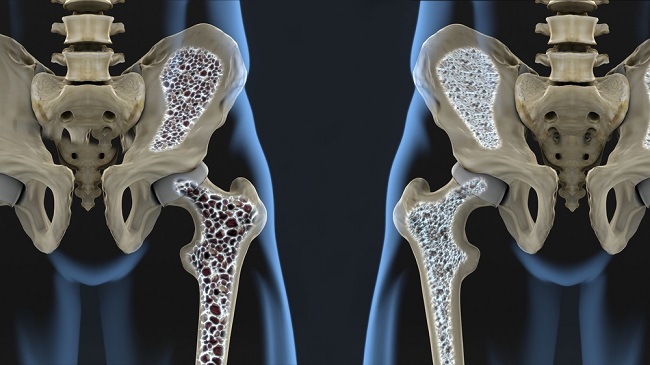Having healthy facial skin is a dream for everyone. Unfortunately, there are many things that can unknowingly damage facial skin, ranging from environmental factors to bad habits. Therefore, it is important for you to always take care of your facial skin regularly.
Everyone has a different facial skin type. There are normal, sensitive, dry, oily, and combination. No matter what type of skin you have, a skin care routine is not to be missed. In addition to healthy facial skin, your face will also look brighter, cleaner, and more flushed.

This is the reason why facial skin health needs to be maintained
The importance of maintaining healthy skin is not without reason, you know. Dense activities make you often deal with sunlight and air pollution, such as cigarette smoke, vehicle fumes, and factory air waste.
Excessive sunlight can make your facial skin experience sunburn. In addition, exposure to various pollutants and smoke is also known to damage the skin's firmness and trigger various skin diseases, such as acne, eczema, and psoriasis.
Most people outsmart this with masks. The use of masks while on the move can indeed reduce sun exposure and air pollution so that it has a good impact on your skin. However, improper use of masks can also have a negative impact on facial skin.
Surgical masks that are worn repeatedly or cloth masks that are not washed properly can be a breeding ground for bacteria and viruses. In addition, wearing a mask in the heat of the city can also make your face sweat, so the skin becomes more moist and warm.
This skin condition is ideal for the growth of bacteria, fungi, and even parasites. If the health and hygiene of your skin is not maintained, this can certainly put you at greater risk of developing facial skin problems, such as acne, rosacea, and cellulitis.
Not to mention if you include people who often touch the face. A study says that the average person can touch his cheek, chin, or forehead up to 13 times in 1 hour. This habit will expose your face to germs or dirt from your hands.
How to Maintain Facial Skin Health
In order to avoid the health problems above, it is important for you to take care of your facial skin by following the following guidelines:
- Wash your face 2 times a day, in the morning and before going to bed. Make sure you use a facial cleanser that suits your skin type. Use an antibacterial facial cleanser to kill germs that may have been on your skin all day.
- Use a serum containing vitamin C or E to nourish the skin and fight free radicals.
- Use a moisturizer that contains antioxidants to keep facial skin hydrated, as well as dull and look healthy throughout the day.
- Use a special facial sunscreen with an SPF of 30 or more when you are outside the house during the day. Always wear sunscreen even if the weather is cloudy and reapply every 2 hours.
- Apply a healthy lifestyle, namely by eating healthy foods, meeting fluid intake, getting enough rest, exercising regularly, managing stress well, and quitting smoking.
Reasons why it's important to use an antibacterial facial cleanser
As discussed earlier, using an inappropriate mask and the habit of touching your face with your hands exposes your skin to a lot of bacteria, which can cause various skin problems. now, to prevent this from happening, you can use an antibacterial facial cleanser.
Choose a facial cleanser that contains leaf extract neem. Several studies have proven that this leaf extract can kill bacteria attached to the skin effectively. In addition, also choose a facial cleanser that contains kaolin, namely mineral mud (clay) which can absorb excess oil, dirt, and residue make-up on the skin.
Healthy and clean facial skin will certainly make you look more charming and confident. So, make sure you treat your facial skin consistently and use skin care products that suit your skin type so that you get maximum results.
If you have problems with facial skin, such as severe acne, you should consult a doctor, yes. The doctor will conduct an examination and provide treatment or medication according to your skin condition.









